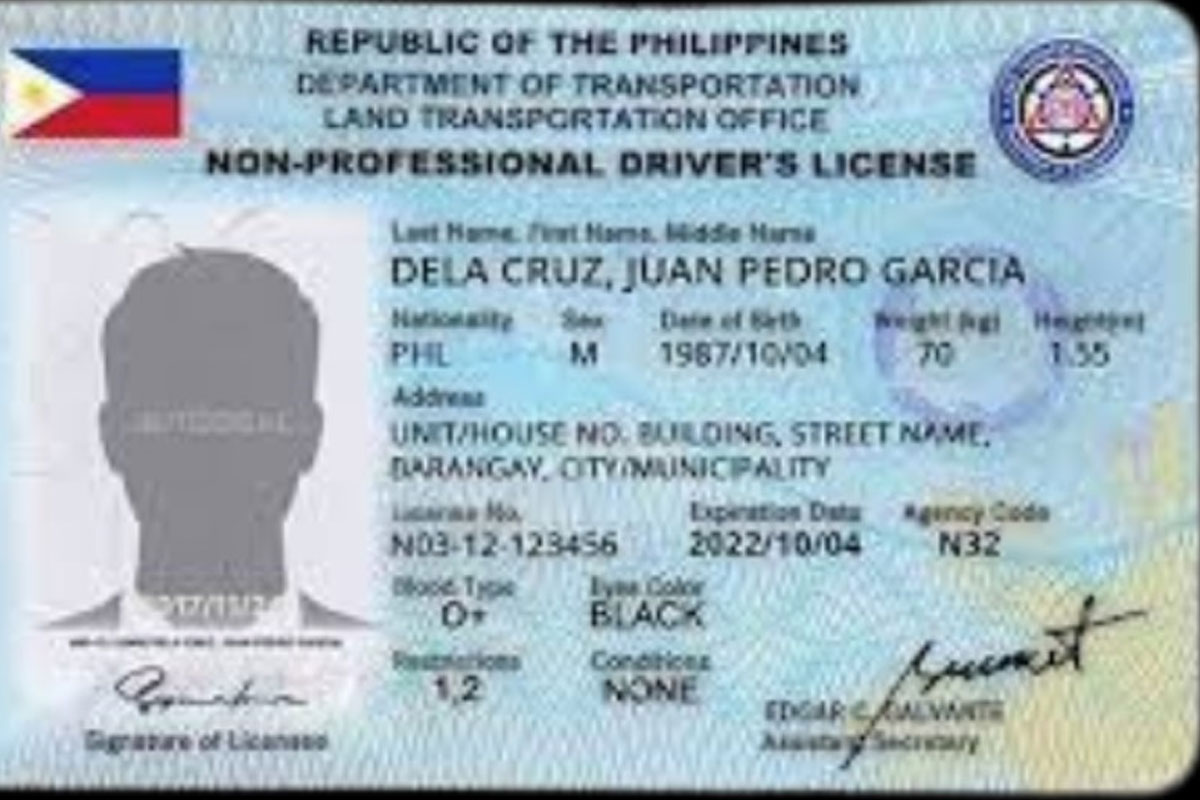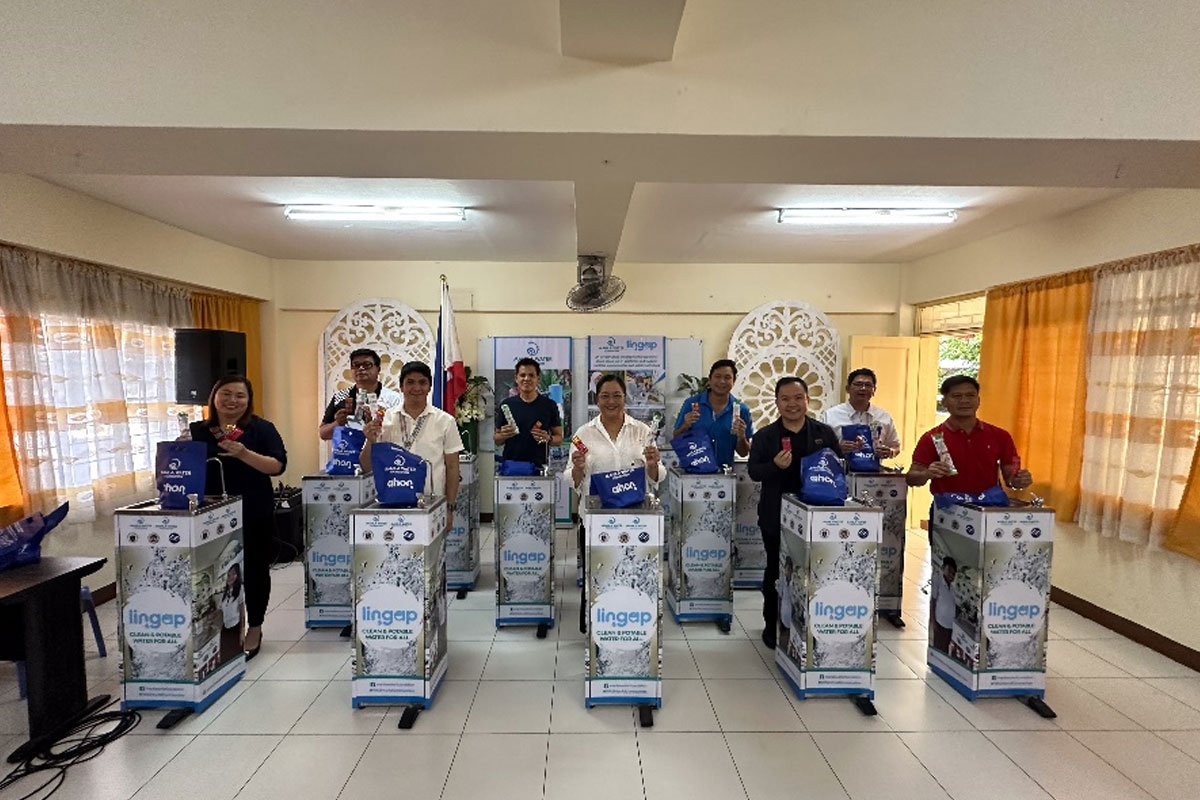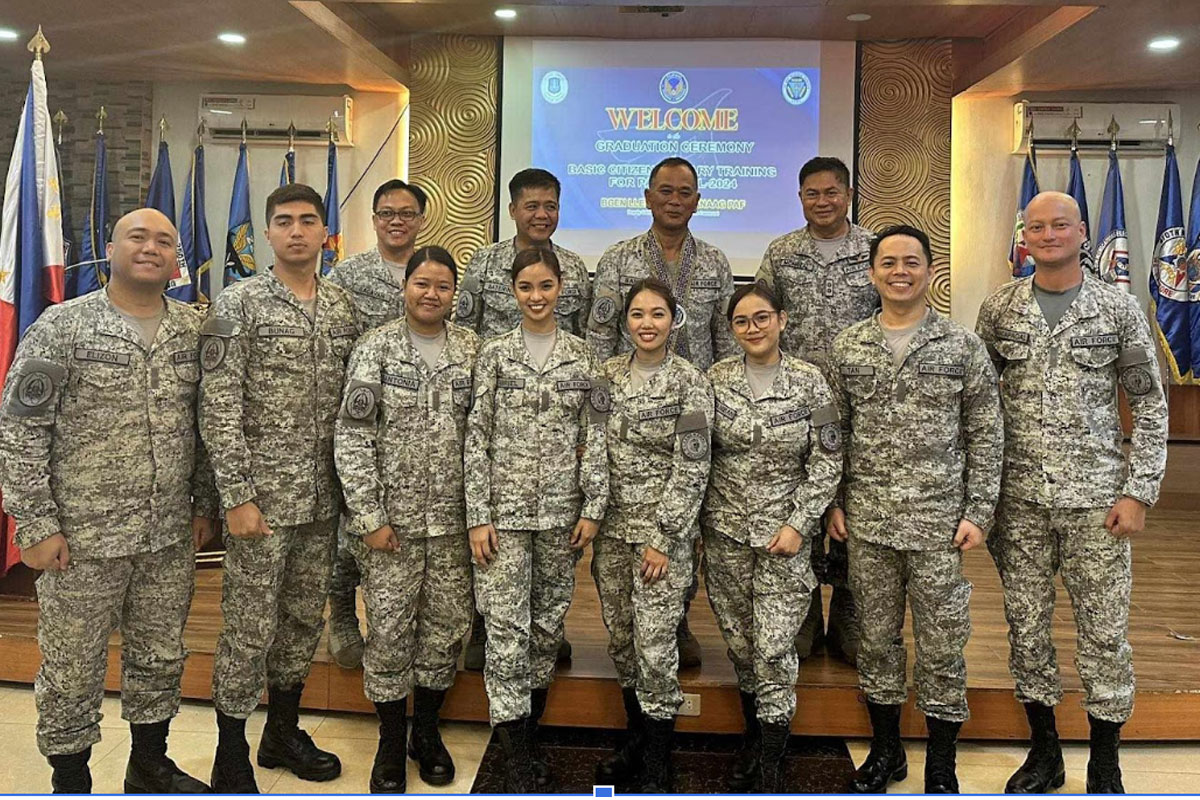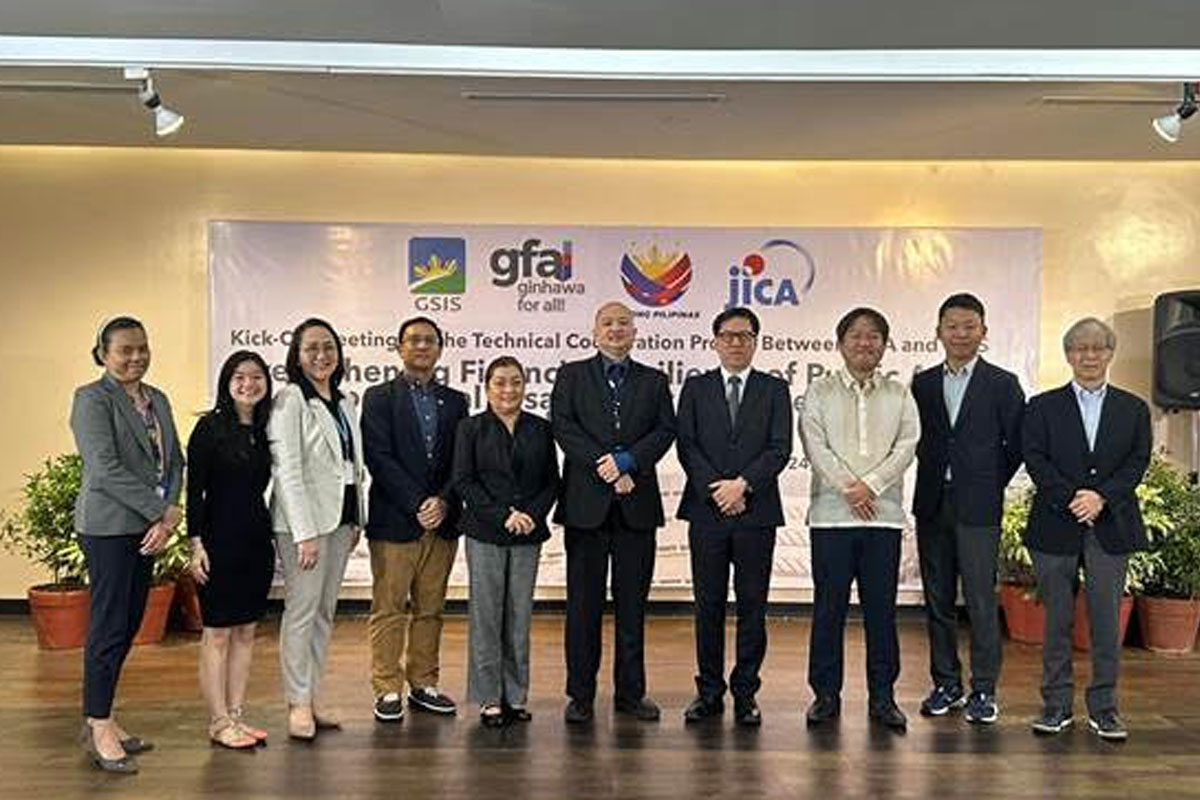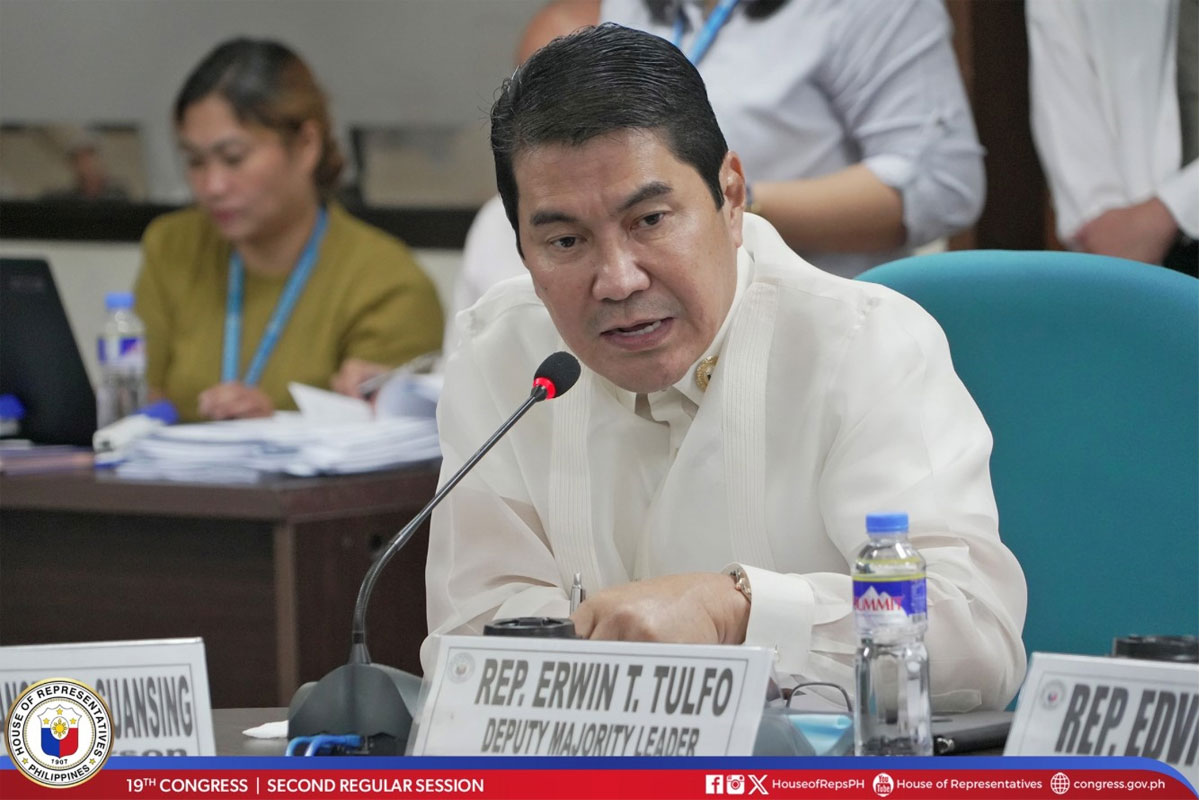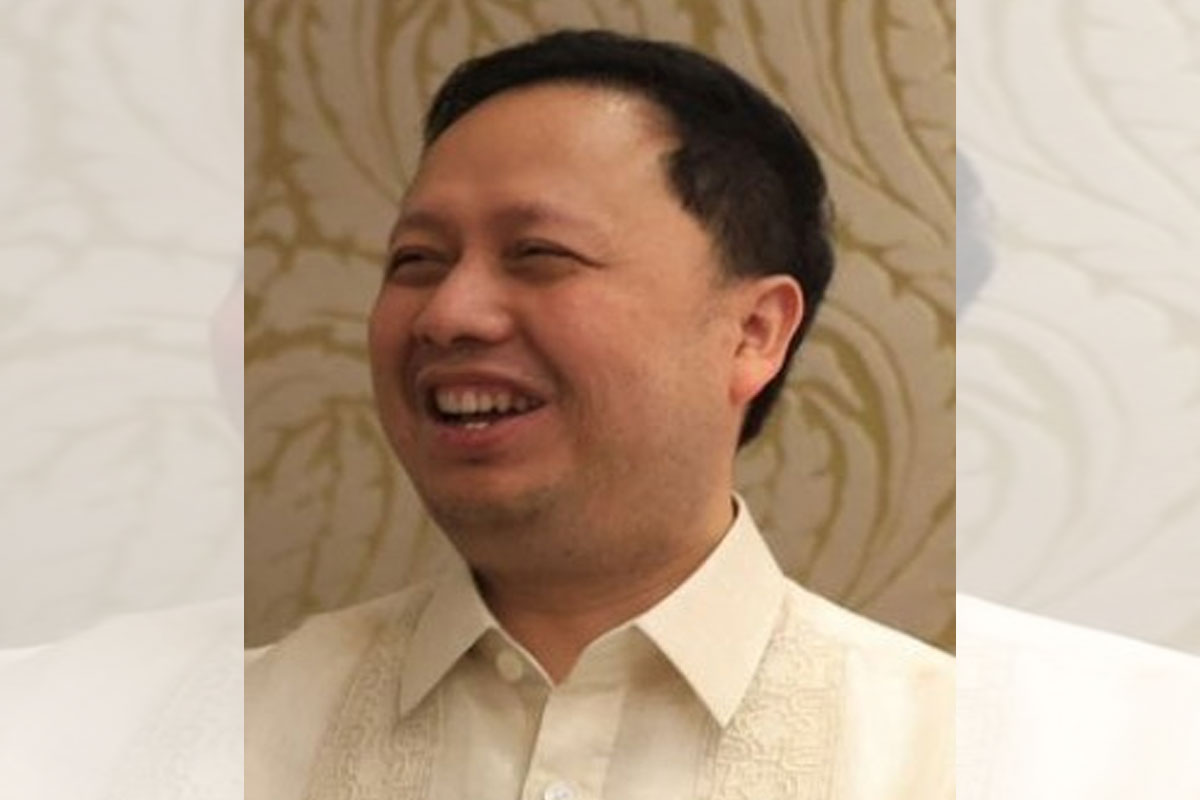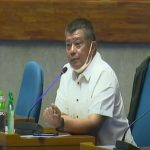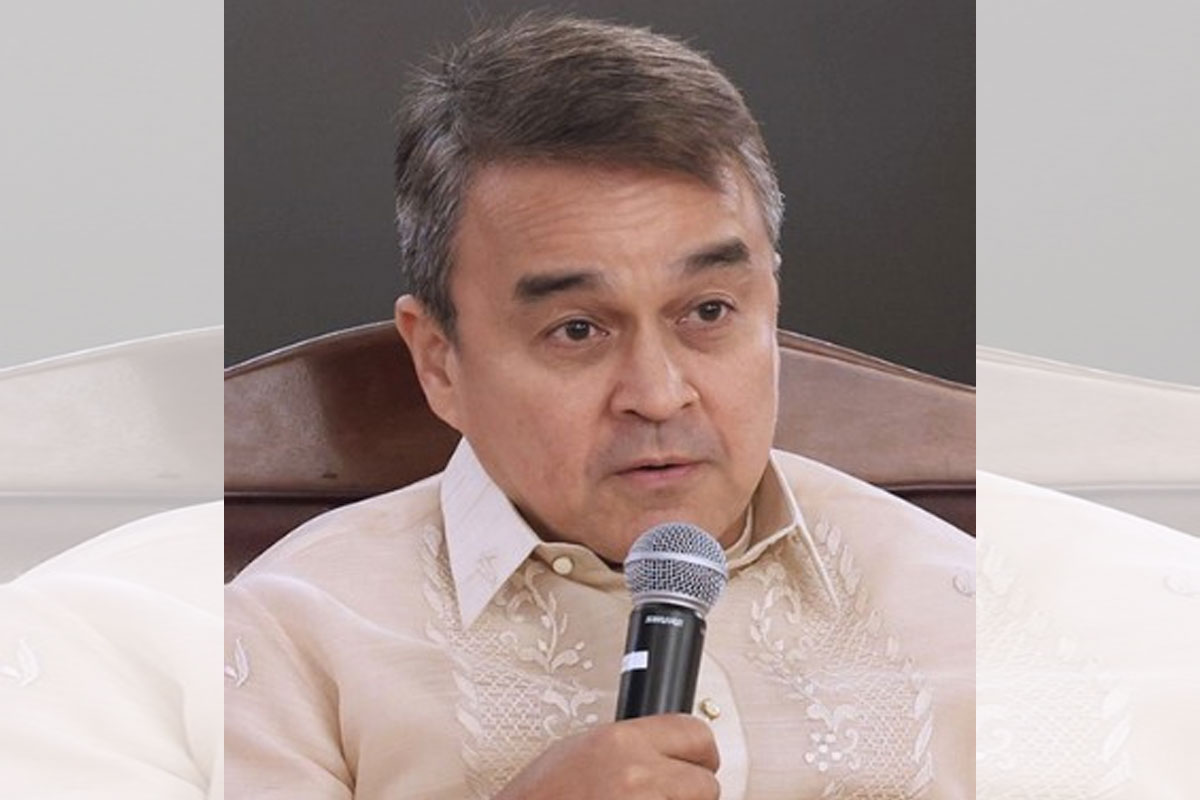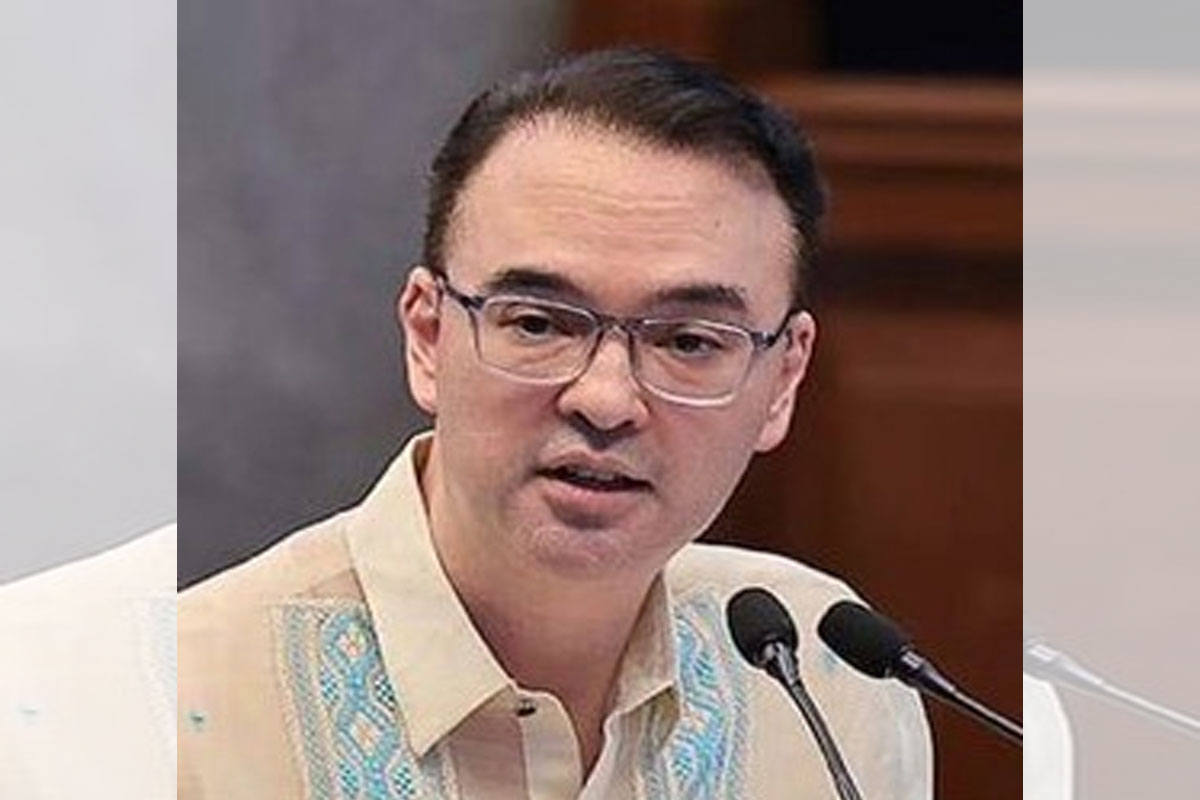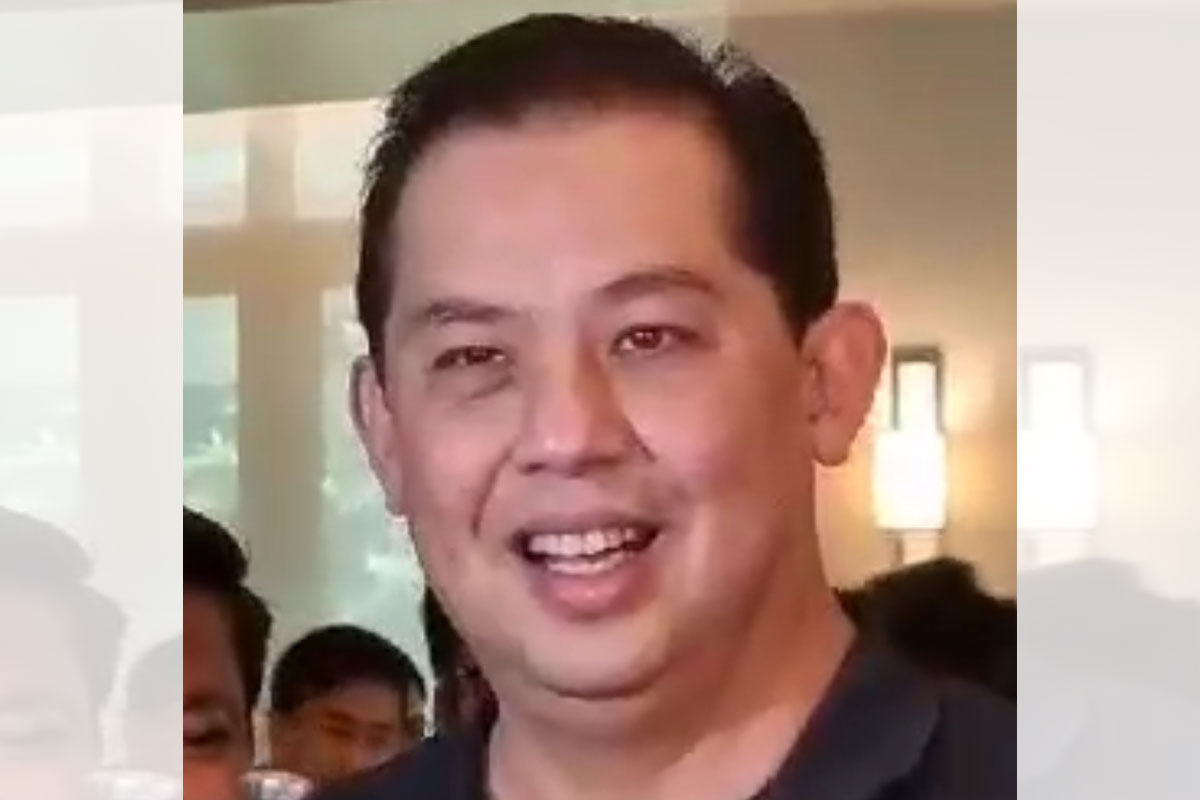
P1.5T 3-year eco stimulus plan proposed
FOUR Bicolano lawmakers filed a measure called “Bangon Bayan Muli (BBM)” aimed at providing a P1.5 trillion stimulus package amid the global pandemic caused by COVID-19.
Authors of House Bill 271 or the National Economic Stimulus and Recovery Act of 2022 are Camarines Sur Reps. LRay Villafuerte, Miguel Luis Villafuerte, and Tsuyoshi Anthony Horibata and Bicol Saro Party-list Rep. Nicolas Enciso VIII.
According to Villafuerte, the P1.5- trillion Bayanihan 3 stimulus bill seeks to support the “BBM” agenda of President Ferdinand “Bongbong” Marcos Jr.
The three-year economic stimulus program aimed at creating millions of sustainable jobs and accelerating the Philippines’ recovery from the unparalleled global crisis spawned by the lingering Covid-19 pandemic and the Russia-Ukraine conflict.
President Marcos said in his June 30 speech that “President Duterte built more and better than all the administrations succeeding my father’s (the late President Marcos) … following these giant steps, we will continue to build. I will complete on schedule the projects that have been started … we will be presenting the public with a comprehensive infrastructure plan … no part of our country will be neglected.”
Villafuerte said he and the other authors of the bill have taken their cue from incoming Speaker Ferdinand Martin Romualdez, who said earlier the priority legislation of the 19th Congress will be a Bayan Bangon Muli (BBM) bill patterned after the Bayanihan to Heal as One (Bayanihan 1) and Bayanihan to Recover as One (Bayanihan 2) laws that were passed swiftly in 2020 in response to the pandemic.
Romualdez said the proposed “BBM” stimulus package bill will allow President Marcos to harness the resources available during the closing period of 2022 and pass measures that are needed for the pandemic, hopefully, endemic stage of COVID.
The “BBM” bill is seen as the successor of the Bayanihan laws passed to mitigate the negative effects of the COVID lockdowns on the economy.”
With Romualdez as House Majority Leader in the past Congress, Villafuerte was principal author in the bigger chamber of the Bayanihan 1 and Bayanihan 2 laws in 2020 that enabled the then-Duterte administration to access and spend massive public funds on saving Filipinos from the deadly coronavirus and on providing cash aid and other financial assistance to low-income families, displaced workers, distressed entrepreneurs and other sectors severely hurt by the global economic standstill caused by the pandemic.
Villafuerte said this proposed P1.5-trillion stimulus package will let President Marcos sustain the unmatched high spending on infrastructure development initiated by his predecessor, Mr. Duterte, “but this time, such investments will be focused on building and improving facilities for HEAL IT, which stands for Health, Education, Agriculture, Livelihood, Information Technology (IT) and Tourism.”
Under HB 271, government infrastructure spending shall be primarily geared towards maximizing the direct and indirect creation and sustaining of jobs, particularly in the countryside.
They said such huge infrastructure projects shall be undertaken in conjunction with the “Balik Probinsiya Program,” which, said Villafuerte, was designed (1) to stimulate growth in the countryside through rural infrastructure investments that create plenty of jobs, and (2) to ease urban congestion by encouraging jobseekers to stay put in their localities and for workers in urban areas or overseas to return home and work in their provinces.
Of the proposed P1.5-trillion appropriation for the three-year Recovery Fund, P500 billion shall be released on the first year of this measure’s approval, another P500 billion on the second year, and P500 billion more on the third and final year.
HB 271 proposes the establishment of an Executive Cluster Committee to formulate the guidelines in the Recovery Fund’s use, and that will have the Presidential Adviser for Flagship Programs as chairperson, the Secretaries of Public Works and of Finance as co-vice chairpersons, and the director-general of the National Economic and Development Authority (NEDA) as secretariat head.



